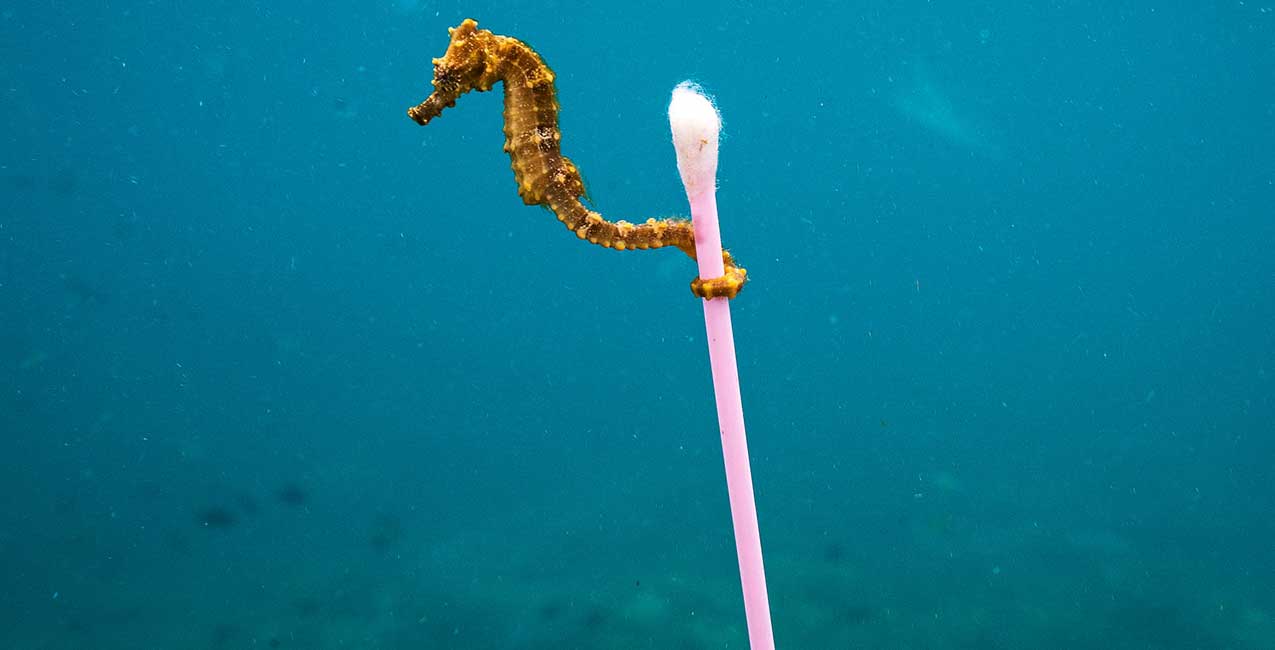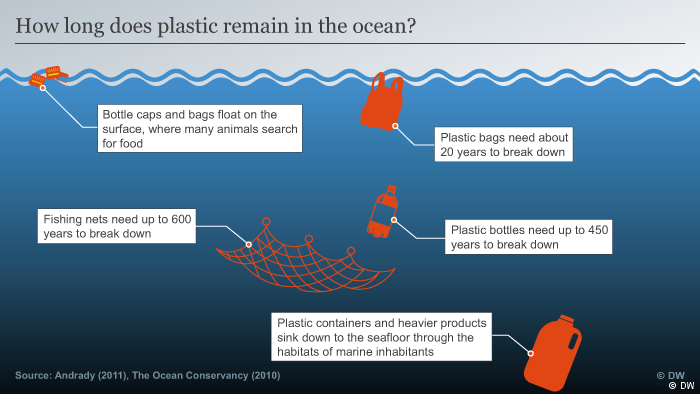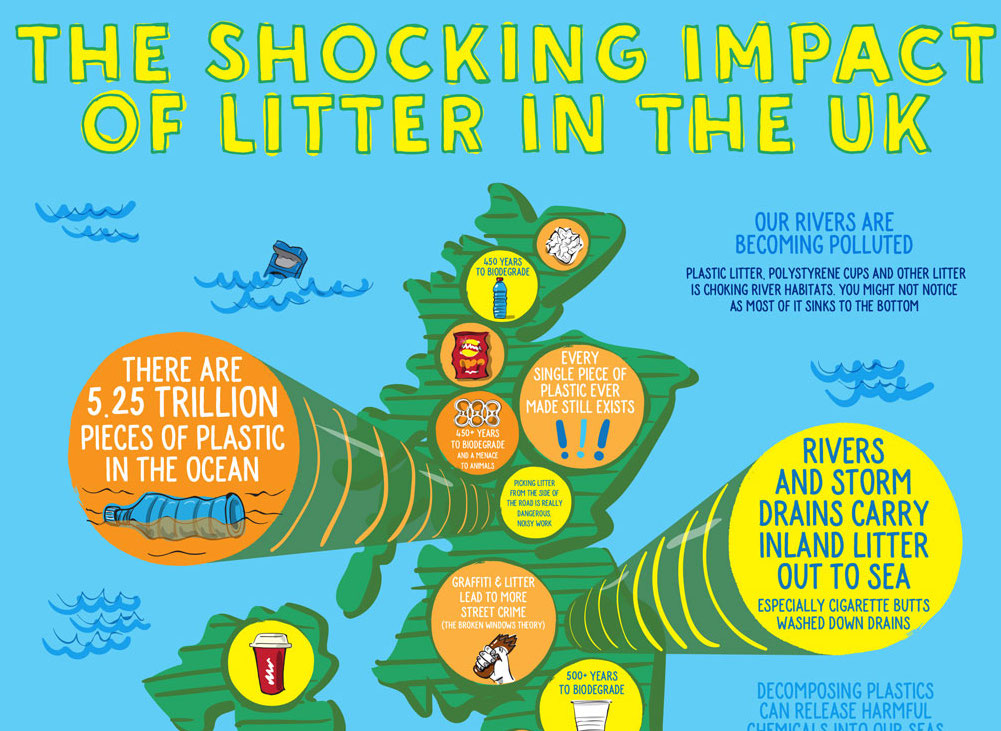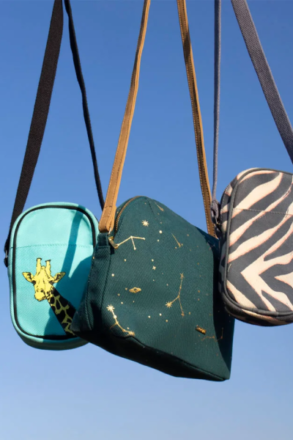- Empty cart.
- Continue Shopping
Europe bans single-use plastics

In a bid to stop the pollution of the oceans, the European Parliament voted for a complete ban on a range of single-use plastic on Wednesday. The Model European parliament backed the ban on straws, balloon sticks, plastic plates, plastic cutlery, drink stirrers, and cotton buds.
After the European Commission proposed a ban in May, supporters all over Europe came forward to demand approval over the same. The ban is expected to go into effect across the bloc by 2021.
The proposal on the ban of plastics won by a solid 571-53 in the parliament. Frédérique Ries, MEP responsible for the bill, said it is “a victory for our oceans, for the environment and for future generations.”
List of banned items.
The directive has banned some of the most common ocean-polluting plastics.
Items whose alternatives are readily available will be completely banned. For example, paper straws and cardboard containers will be used in place of cotton buds and plastic cutlery. Other items whose alternatives do not exist, will still have to be reduced by 25% by 2025.
150,000 tonnes of plastic are found in European waters every year out of which cigarette filters is the most common litter on beaches. Cigarette companies will have to reduce the plastic by 50% in 2025 and 80% by 2030. The second most common pollutant found are plastic bottles. The bottles along with their lids account for 20% of the sea plastic. The EU is targeting recycling of about 90% of all the plastic bottles collected.
Effects of plastics on marine life
Fish mistake plastic for food and consume them. The plastic makes them feel full and they starve to death thinking they are full of food when in reality all they eat is plastic. Sea turtles confuse plastic bags for jellyfish and consume large amounts of plastic bags. A lot of them get entangled in plastic.
Plastic, unlike other materials, decomposes into smaller pieces and form microplastic which is as harmful as the plastic. Humans are also at a greater risk when they consume fish that have ingested plastic.

@source: BBC







